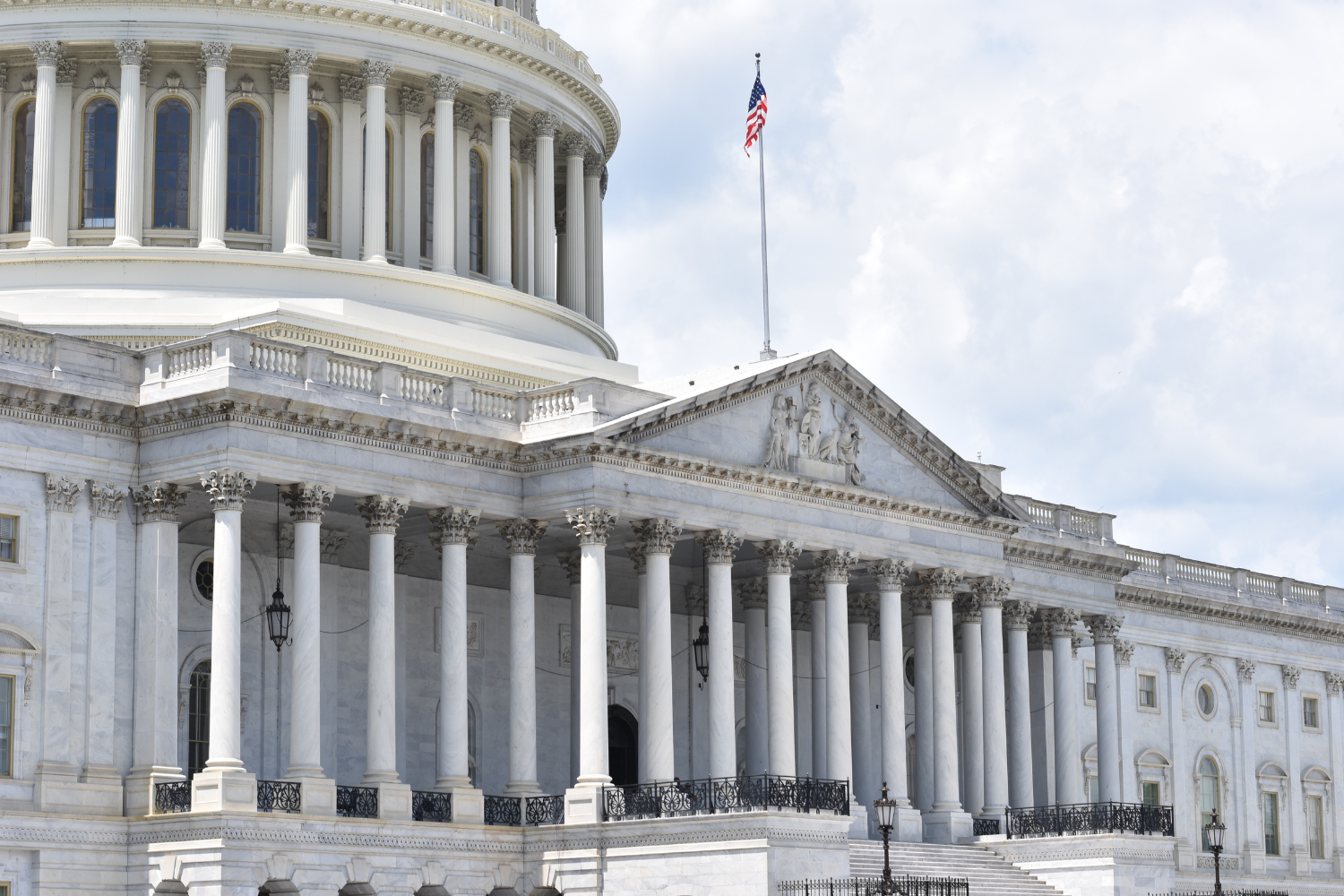Build Awareness
How are you using social media and how do you feel afterwards?
Refraining from judgment and instead leading with curiosity is essential. Social media is meticulously built to be engaging, to maintain attention for as long as possible, and to influence. Build awareness about the type of content you are interfacing with and the manner in which you are consuming social media. Don't aim to make any changes just yet and let yourself collect a range of observations. Chances are, you are using social media in more ways than one. Explore your accounts to see if there is any data being collected on the extent of your use. Consider regularly checking in with yourself after social media consumption to determine its impact on your emotional experience.
Identify Your Intended Outcome
What are you hoping to achieve with your social media use?
You might be looking for connection, a news update, a recipe for dinner, or perhaps a hearty laugh. Maybe you’re hoping to be inspired, to be entertained, or to learn something new, or maybe you're craving a cognitive break. Set yourself up for success by customizing your feed to only reflect the outcome you are hoping to achieve. Let the list of accounts you follow be dynamic. Consider protecting your virtual space by giving yourself permission to unapologetically unfollow any accounts whose values no longer align with yours.
Set Boundaries
Are there any limits you feel would be helpful to set to support your mental health?
Some boundaries might include turning off notifications, unfollowing certain accounts, or even muting posts. To facilitate your boundaries, consider setting time limits on app use or removing the app from your mobile device to deter habitual visits. Practice good sleep hygiene by refraining from social media use an hour before bedtime or upon waking.
Redirect
Where could you possibly invest your time and attention instead?
Consider the possibilities if you could reinvest some of the time you're spending on social media on something in your physical world that is important to you. Consider replacing social media with a practice that allows you to align with your values or get your needs met away from these online spaces. Perhaps you can reach out directly to a friend or family member. Maybe you will decide to take an e-learning course, pick up a new book, or learn a new language. Maybe you will challenge yourself to be more present with those in your home or play with your pet. Consider identifying several items that you may redirect your attention to so that you may easily offer yourself an alternative when you inevitably find yourself absorbed by your preferred social media platform.





